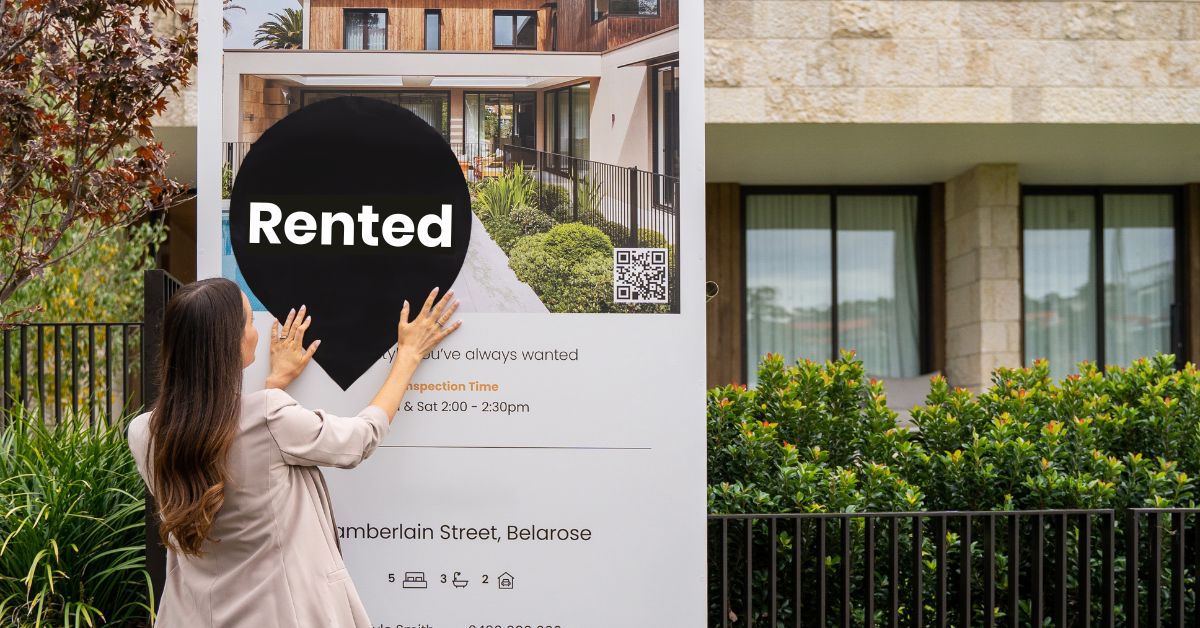Is It Time to Switch Your Property Manager?
-
The key to a successful rental property portfolio lies in having the right team to manage it. Whether you own one rental or several, ensuring your investment is managed effectively is essential for maximising returns and minimising stress.
The property market can be competitive, and tenants expect well-maintained homes and responsive management. That’s why choosing a property manager with the right mix of skills—tenant relations, rent collection, overseeing repairs, and problem-solving—is critical.
But what happens when you suspect your property manager isn’t up to scratch? Should you stick with the agency you know, or is it time for a change? Let’s explore some of the most common reasons Kiwis consider switching property managers.
Poor communication
One of the most frustrating experiences as a landlord is being ignored by the person you’ve entrusted to look after your investment.
According to Kathy Brown, LJ Hooker Network Performance Manager – Property Management, effective communication is at the heart of good property management.
“If your current agency is unresponsive or fails to provide timely updates, it can ultimately lead to the mismanagement of your property.”
Good communication doesn’t just benefit you as the landlord; it’s also essential for maintaining positive relationships with tenants. A happy tenant is more likely to renew their agreement, reducing vacancy rates and turnover costs.
As a rule, property managers should respond to emails and calls within 24 hours, with even quicker action in emergencies. If you’re constantly chasing updates or left wondering about the status of your property, it might be time to look elsewhere.
Ineffective rent collection
Your rental property is an investment, and timely rent collection is vital to its financial success. If your current property manager struggles to handle late payments or fails to keep your rent in line with market rates, your returns may suffer.
A skilled property manager will ensure your rental agreement includes clear terms for payment methods, overdue fees, and even eviction procedures, should they be necessary. They’ll also monitor local market trends to keep your rental pricing competitive while helping you reduce tenant turnover.
It’s especially important for property managers to stay on top of legal compliance, including Healthy Homes Standards and Residential Tenancies Act requirements.
Poor property maintenance
Every property requires regular maintenance, and your rental is no exception. If issues like leaky taps, broken appliances, or pest problems aren’t addressed promptly, they can escalate into larger, more expensive repairs.
Landlords are legally required to keep properties in a safe and habitable condition. A good property manager will conduct thorough inspections—up to four times a year with appropriate notice—to ensure tenants are meeting their tenancy terms and to identify any maintenance needs early.
Effective property managers should also have a trusted network of local tradespeople to handle repairs efficiently. From plumbers to electricians, they’ll manage quotes, supervise work, and ensure everything meets quality standards.
High vacancy rates
A vacant property means lost income, and in today’s rental market, it may point to problems like poor marketing, high rent, or lacklustre tenant placement efforts.
A skilled property manager knows how to attract quality tenants through strategic marketing, professional photography, and well-crafted property listings. They also screen applicants thoroughly, checking references, rental history, and income to ensure a good match.
In New Zealand, where pet-friendly rentals are in high demand, your property manager may even suggest simple updates or policy changes—such as allowing pets or modernising fixtures—to make your property more appealing to tenants.
Lack of transparency
A transparent property manager will provide clear financial reporting and ensure you’re kept informed about your property. You should receive a monthly statement detailing income and expenses, making it easier to stay organised for tax purposes.
If your property manager is disorganised or fails to provide detailed reports, it could cost you financially—both in terms of missed tax deductions and poor decision-making.
Transparency also extends to fees. Make sure your property manager discloses all costs upfront and is clear about their processes.
When it’s time to make a change
Managing a rental property is about more than collecting rent and organising repairs. A good property manager can be a valuable adviser, helping you maximise returns and grow your portfolio.
If you’re dissatisfied with your current property manager, switching to a new agency could be the best decision for your investment. Landlords typically need to provide 30 to 90 days’ notice to change property managers, depending on their agreement. Your new property manager will usually handle the handover process, making the transition seamless.
Take the next step
If you’re considering a change, LJ Hooker’s property management team is here to help. With a focus on professional service, effective communication, and local market expertise, we’re committed to making your investment as stress-free as possible.
Request a free property appraisal today to understand your investment’s potential and how LJ Hooker can help you achieve your financial goals.




